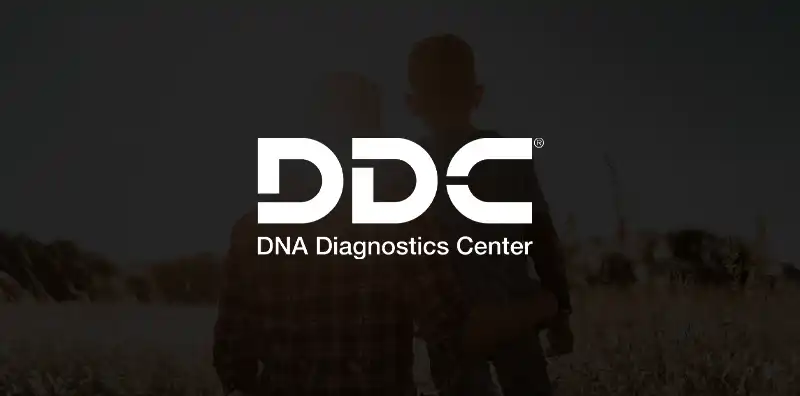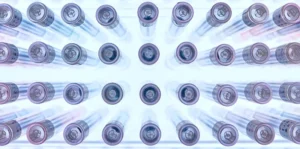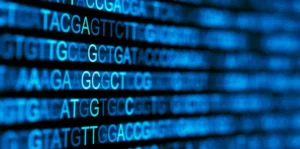JANUARY 20, 2016
Rapist Found 20 Years Later by DNA Test
A Dutch court is in the sentencing phase of a suspect linked by DNA to seven rapes and as many as 16 sexual assaults from 1995 to 2001. How was he caught? Gerald T was recently tried for a bike theft, and in the process of the arrest, was required to give a DNA sample. The sample was processed and uploaded to a database that found the matches to crimes some 20 years ago.
It was likely no surprise to Gerald T that he was going to be linked to the crimes when the DNA sample was taken. As told in an article from ndtv.com, more than 300 people were questioned in 1995-96 in the western city of Utrecht when there were “several assaults in the suburbs and around the university campus. At the time, the attacks triggered alarms forcing authorities to step up security measures amid one of the biggest manhunts ever organized in the city.”
Voluntary DNA test stations were set up and special male officers disguised as women were stationed in places of the greatest risk in an attempt to catch the man. It was not mentioned if Gerald T was one of the 300 questioned at the time, but he did not volunteer for a DNA test.
The attacks stopped, and the investigation was closed in 2001. It was only recently that Gerald was again asked to donate a DNA sample—but this time, it was not voluntary. He now faces a maximum 16-year jail term.
When making their case for mandatory DNA testing of all citizen’s, these are the real life drama’s that advocates point to. If more people in Utrecht were forced to give DNA samples in 1995, how any of the assaults could have been prevented? Utrecht is a city with a population of approximately 225,000 in 1995; it’s nearly inconceivable that all the men could be required to give a DNA samples. It’s a daunting concept when considering collecting DNA from most existing populations.
Can you imagine the day when a newborn’s DNA is collected at birth? This seems less overwhelming, although it will be decades before the database will be a real asset to solving crimes.
Today, many countries have programs to collect DNA from arrested individuals, and/or those imprisoned. The theory is that criminals are repeat offenders, and once collected two things can happen. One, their DNA can tie them to cold cases, and two, they are now less likely to commit future assaults if they know their DNA is “in the system.”
How do you feel about donating your DNA to a state, or federal database? Some argue—if you are ‘clean’, you have nothing to worry about! Some feel it is an invasion of personal privacy, and that the last place they want their DNA is with a government agency. What’s your opinion?
About DNA Diagnostics Center (DDC)
DNA Diagnostic Center is the world leader in paternity and relationship testing. We serve healthcare professionals, government agencies, and individuals around the world to determine family relationships with trusted accuracy.
More Questions? Don’t hesitate to call us: we’re here to help!
CALL NOW





